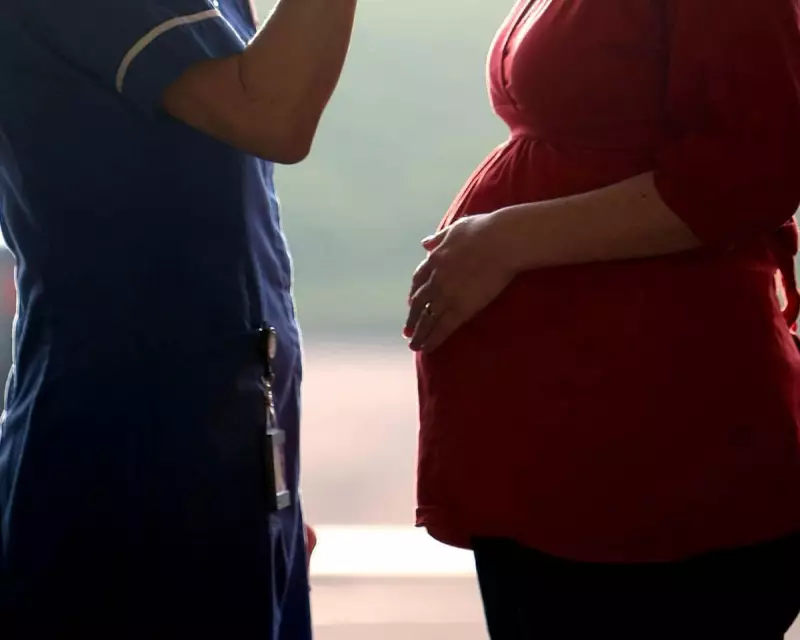
Coroners' vital advice aimed at preventing maternal deaths in England and Wales is being systematically ignored, according to alarming new research from King's College London.
Warnings Falling on Deaf Ears
The study, published in BMJ Gynecology and Obstetrics Clinical Medicine, examined Prevention of Future Deaths (PFD) reports issued by coroners between 2013 and 2023 involving pregnant women and new mothers. Researchers discovered that nearly two-thirds of these critical safety recommendations were not acted upon by healthcare organisations.
Dr Georgia Richards, research fellow at King's faculty of life sciences and medicine and lead author of the study, expressed deep concern about the findings. "The voices of mothers and pregnant people must be taken seriously," she stated, urging that these reports be included in the upcoming independent investigation into NHS maternity care.
Disturbing Patterns in Maternal Deaths
The research identified 29 PFDs specifically related to maternal deaths, revealing troubling patterns in where and how these tragedies occur. Two-thirds of deaths happened in hospitals, with more than half of the women dying after giving birth.
The most common causes of death identified were:
- Haemorrhage
- Complications during early pregnancy
- Suicide
Coroners repeatedly raised concerns about failures to provide appropriate treatment, inadequate escalation of cases, and insufficient staff training as contributing factors.
Systemic Failures in Response System
Despite legal requirements for NHS organisations and other professional bodies to respond to coroners' PFD reports within 56 days, the study found only 38% had published responses from the organisations they were sent to.
The Department of Health and Social Care described the failure to respond promptly as "unacceptable." A spokesperson acknowledged: "Too many families have been devastated by serious failings in NHS maternity and neonatal care."
This research emerges against a backdrop of concerning maternal mortality statistics. In England, the maternal death rate for 2021/23 stood at 12.82 per 100,000 births, slightly above the average for wealthier countries of 10 per 100,000 live births.
Personal Tragedies Highlight Systemic Problems
The human cost of these failures is starkly illustrated by individual cases. Richard Baish, development manager at Action on Postpartum Psychosis, shared the heartbreaking story of his wife Alex, who took her own life in 2022 after the birth of their daughter Rosie.
"Baby blues is used as a throwaway term, but postpartum psychosis can be life-threatening if not dealt with swiftly and appropriately," Baish explained. "There were no red flags for Alex, which is why it was so tragic her GP didn't listen to her. If lessons aren't being learned then it's likely other women like Alex are slipping through the net."
In response to these ongoing concerns, Health Secretary Wes Streeting announced in June an investigation into NHS maternity services in England following numerous failings across the health system.
A spokesperson from the national maternity and neonatal investigation confirmed: "The lived experiences of women, babies and families are absolutely at the heart of this. The investigation will review relevant prevention of future death reports."
The Department of Health and Social Care emphasised immediate actions being taken to improve safety, including advanced monitoring systems and programmes to prevent brain injuries during childbirth.






